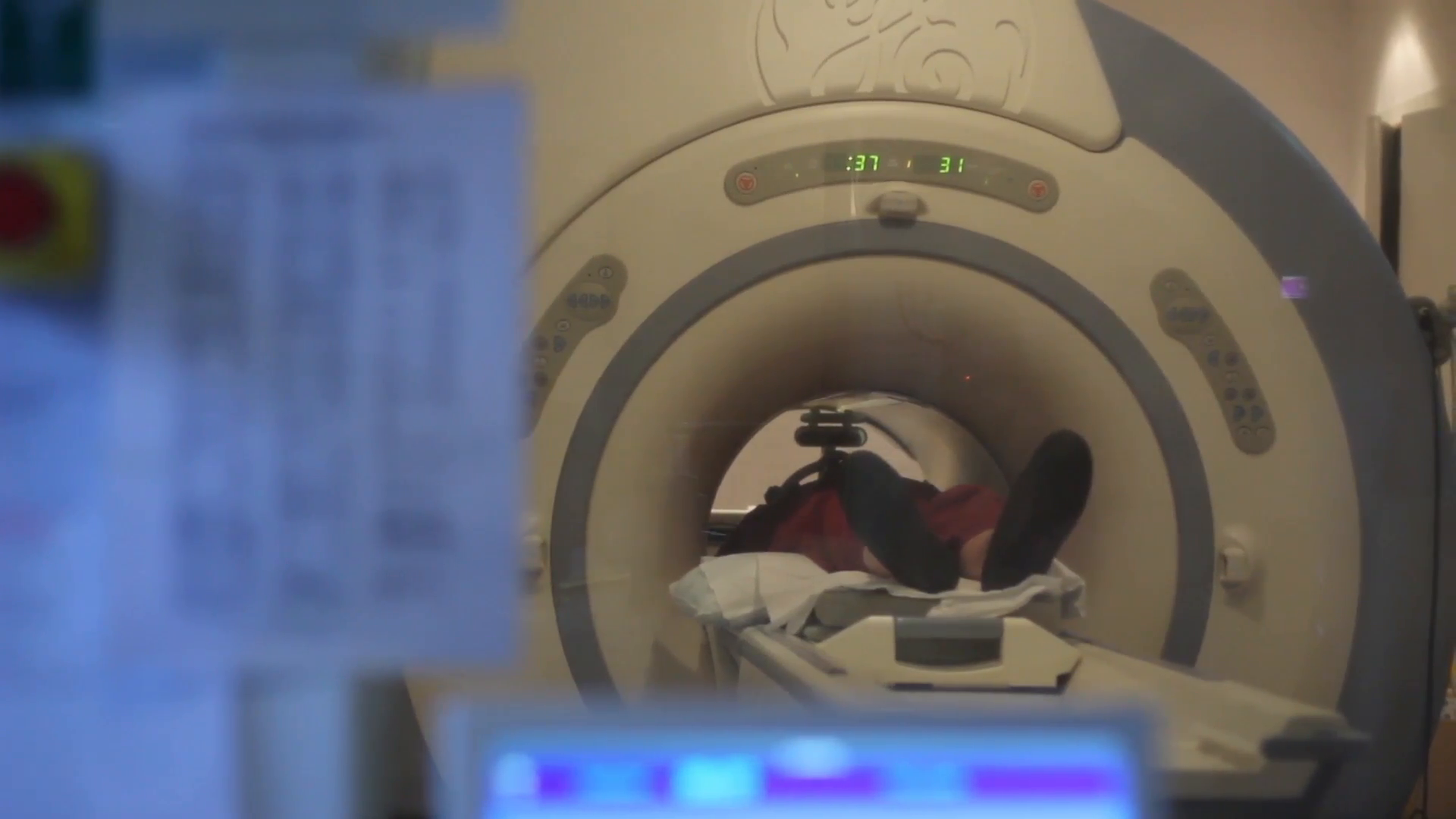
What is an MRI Scan Used to Diagnose?
Magnetic resonance imaging (MRI) is a diagnostic test that uses a powerful magnet and radio waves to produce detailed images of the inside of the body. MRI scans are non-invasive and are used to help diagnose a wide range of medical conditions and injuries, including brain and spinal cord disorders, heart and blood vessel problems, and abnormalities in internal organs, bones, and joints.
MRI scans are often used to evaluate the brain and spinal cord, as they can produce high-resolution images that can help diagnose problems such as aneurysms, multiple sclerosis, stroke, tumors, and brain injuries. A special type of MRI called functional MRI (fMRI) can also be used to assess blood flow to different areas of the brain and identify critical language and movement control areas, as well as assess damage from head injuries or disorders such as Alzheimer’s disease.
MRI scans can also be used to assess the size, function, and structure of the heart and blood vessels, as well as detect abnormalities in the aorta, inflammation or blockages in the blood vessels, and damage from heart attacks or heart disease. MRI scans can also be used to check for tumors or other abnormalities in organs such as the liver, kidneys, spleen, pancreas, uterus, ovaries, and prostate.
MRI scans can also be used to evaluate joint abnormalities, disk abnormalities in the spine, bone infections, and tumors of the bones and soft tissues. In addition, MRI scans can be used in combination with mammography to detect breast cancer, particularly in women who have dense breast tissue or are at high risk of the disease.
While MRI scans are generally considered safe, they do involve the use of powerful magnets, which can be a safety hazard if metal objects are attracted to the magnet. Therefore, it’s important to inform the technologist if you have any metal implants or medical devices, or if you have any other metal objects in your body, such as a bullet or shrapnel. MRI scans may also use a contrast material, which can cause side effects such as nausea, vomiting, or allergic reactions in some people.
Overall, MRI scans are a valuable diagnostic tool that can provide important information to help your doctor diagnose and treat a wide range of medical conditions and injuries. Whether you are experiencing symptoms or are at high risk for certain conditions, an MRI scan may be recommended to help assess your health and determine the best course of treatment.
Ready to get started?
Here’s what you’ll need to schedule an appointment
1. Imaging referral / prescription
2. Your contact information
3. Insurance OR card information


